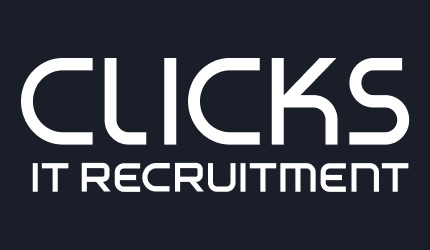I’d consider my knowledge of neurodiverse workers, people with Autism Spectrum Disorder, and how best to recruit and support them in the workplace has gone from less than zero, to an overall solid 4 out of 10 in the last year. And I’ve learned a LOT. It is, of course, a space that is continually evolving, with constant research and studies teaching us new things nearly every day. So if you haven’t sat down and asked yourself the headline question of this blog lately, I’m going to give you a leave pass this once.
Let’s get your creative juices flowing.
I’ve put together just a few role types that are proven to be ideally suited to neurodiverse workers:
- Processing: sorting, batching, data entry, assembling, building, technical aptitude, attention to detail, enjoys practical work, quality-focused, enjoy following set procedures, fault identification, packing, inventory management.
- Data / Analysis / Cyber: quickly and accurately analysing large quantities of data and finding errors, inconsistencies, anomalies and trends; statistics, comparisons, research, financials, creating / modifying / updating, investigating, testing, developing training programs, continuous learning, recommending improvements.
- Document Management: document tracking, scanning, filing, managing filing systems, inventory control, library work, copying, sorting, loading, stacking, imaging, developing training programs.
- GIS / Mapping: learning every street and grid, spatial data/algorithm comprehension, analysis, data comparison, data set management, database maintenance, digitisation, programming/code writing and checking, surveying, problem solving, metadata log maintenance, modelling, design.
- Quality Assurance: checking, testing, recording, reporting, statistics, trend identification, problem solving, accuracy, understanding of standards, auditing, innovation, developing training programs.
What do these roles have in common?
- The opportunity to innovate / suggest process enhancements
- The opportunity to become a domain specialist / subject matter expert
- Fact or evidence-based workflows
- More reliance on long-term memory than short
- Provision to focus on a single task for extended periods of time
- No requirement to keep track of multiple activities / information streams simultaneously
- Clearly defined objectives, rather than multiple possible outcomes
- Success is based on outcomes, not personality
- Not driven by time stressors / deadlines
- No requirement to take oral direction or dictation
- Repetition / Consistency of tasks
- Less requirement for social interaction
- Quiet workplace
The above list is, of course, not definitive. Like neurotypical people, the next person with autism you meet may prefer to be a piano tuner or dog groomer than your next GIS Analyst. That’s okay. That’s where we come in.
What is your call to action?
- If you’d like help reviewing the roles within your organisation, call us and we’ll arrange for our expert friends and partners at Specialisterne to assist you.
- If you have an idea that there are roles in your organisation, but have no idea what to do next, call us and we’ll talk you through the process.
- If you are ready to commit to employing neurodiverse workers, either for an upcoming project on a contract basis, or as permanent team members, call us to get a safe, inclusive and appropriate recruitment process underway.
If you’d like to find out more about anything to do with increasing the diversity of your workforce, please call me on 03 9963 4802 or email me.
General Manager, Operations.









